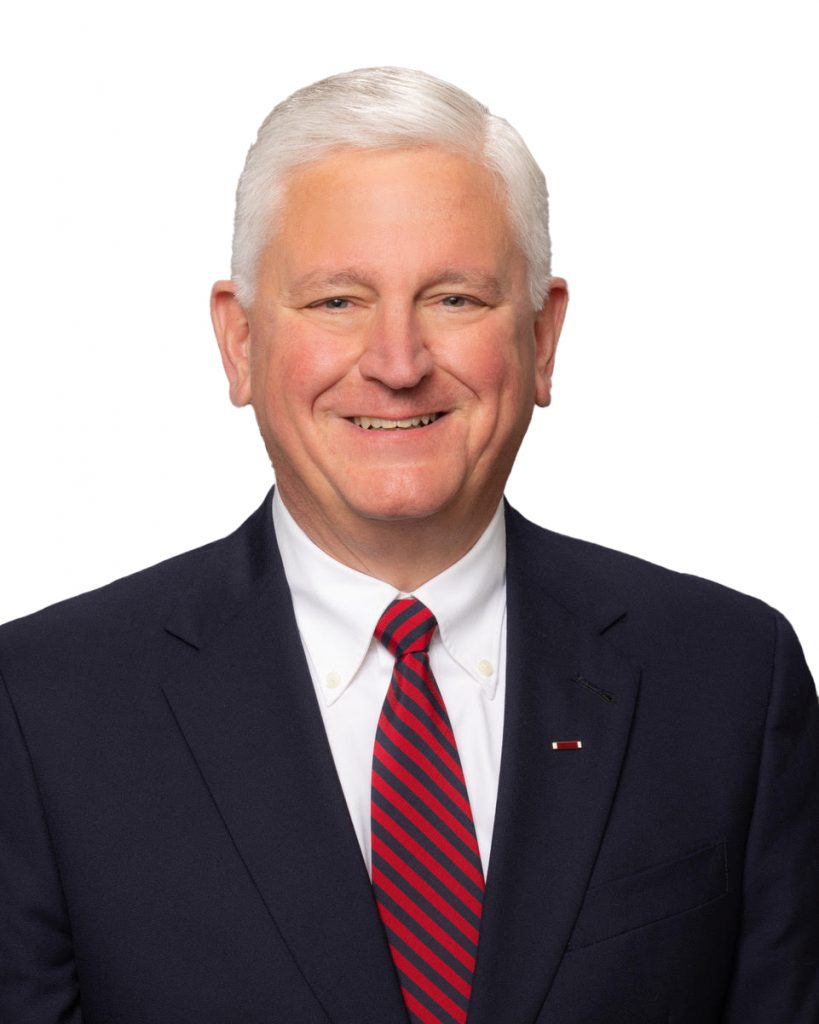Information Library
Start Reading

 Veterans of the United States Armed Forces are special people. They’ve helped safeguard the freedoms and liberties “of the greatest nation in recorded history,” says Dr. Sean C. Meehan, Chief Dental Officer and Assistant Dean in the Office of Clinical Affairs at the University of Pennsylvania School of Dental Medicine. Yet veterans face challenges accessing dental care not everyone faces.
Veterans of the United States Armed Forces are special people. They’ve helped safeguard the freedoms and liberties “of the greatest nation in recorded history,” says Dr. Sean C. Meehan, Chief Dental Officer and Assistant Dean in the Office of Clinical Affairs at the University of Pennsylvania School of Dental Medicine. Yet veterans face challenges accessing dental care not everyone faces.
Dental care for veterans is an area in which oral health disparities persist. Veterans report having more gum problems or bone loss around their teeth than do nonveterans (42% vs. 27%). They also report more tooth decay, both active and treated, than the general population (56% vs. 37%).
About two in five veterans describe their oral health as “fair or poor,” according to the CareQuest Institute for Oral Health. “This [statistic] translates into approximately 8 million veterans with self-reported suboptimal oral health.”
Penn Dental Medicine (PDM) is expanding veterans’ access to quality, comprehensive oral healthcare in and around Philadelphia, where the nation these men and women served was born. As Dr. Meehan explained in a recent, written interview, PDM is proud to help veterans prevail in the fight against inaccessible, unaffordable dental care.
 What makes dental care for veterans so inaccessible and unavailable to veterans?
What makes dental care for veterans so inaccessible and unavailable to veterans?
“When service members retire,” Dr. Meehan explains, “they are eligible to enroll in a sponsored dental insurance plan. But most members leave the service before retirement. That [situation] leaves a large group of veterans who are not covered by the plan.”
Dr. Meehan says some of these noncovered veterans receive dental care benefits through their civilian employers or can afford dental care out of pocket. Many more, however, can’t afford it and don’t have dental insurance.
In addition, only a small percentage of veterans are eligible for dental care with the Veterans Health Administration (VHA).” Indeed, more than 85% of veterans enrolled in the VHA system don’t qualify for dental care coverage.
Distance from dental clinics for veterans can be another obstacle, especially for veterans with limited transportation options or in rural areas. And high demand for services means veterans often face long waiting times, making it difficult to receive timely care.
“The access problem is especially relevant to veterans whose service resulted in the psychological traumas and/or traumatic brain injuries frequently associated with modern warfare,” Dr. Meehan notes. Many veterans deal with post-traumatic stress disorder, generalized anxiety disorder, and other functional disabilities. These conditions can affect “a whole host of factors impacting oral health, from obtaining and maintaining employment to tobacco use to impaired oral hygiene.”
 Dr. Meehan is not only a dentist but also a veteran.
Dr. Meehan is not only a dentist but also a veteran.
Unlike many dentists who are veterans, he didn’t enter the military service immediately after dental school. After graduating from PDM, he first completed a yearlong general practice residency at a civilian institution.
He then pursued Oral Medicine specialty training at the National Institutes of Health (NIH). While there, he was in the Commissioned Corps of the United States Public Health Service (USPHS). The USPHS Commissioned Corps is a branch of the nation’s uniformed services “committed to the service of health.”
After his NIH residency, Meehan was appointed an Assistant Professor at the University of Mississippi School of Dentistry. A year later, he decided to join the U.S. Navy. For 26 years, he served as a Navy Dental Corps officer.
Dr. Meehan is proud to see PDM take seriously its role as a preferred veterans’ dental clinic in the Philadelphia region. He highlights the ways PDM increases his fellow veterans’ access to dental care.
PDM’s fees are already lower than those most private practices charge because PDM is a dental school that takes patients as part of its educational mission. For veterans, who went above and beyond by answering the nation’s call to service, PDM goes above and beyond by offering further reduced costs.
Additionally, PDM prioritizes veterans’ appointments, offers “veteran-only” treatment days, and has a phone line dedicated exclusively to veterans’ use: 215-573-VETS (8387).
Dr. Meehan points out that his position as Chief Dental Officer at PDM is a new one. He says he will bring “skills and values I acquired during my 26 years of Naval service to bear on how PDM operates . . . to make it an even better place for patients to receive top-quality, affordable dental care”—including superior dental care for veterans.
Veterans can use PDM’s dedicated phone line to schedule an appointment or request an appointment online.
All patients interested in learning more about the wide range of dental services PDM offers can download our free eBook, Comprehensive Care and You.
Note: The views expressed in this interview reflect Dr. Meehan’s experience and do not reflect the official policy or position of the Department of the Navy, Department of Defense, or the United States Government.